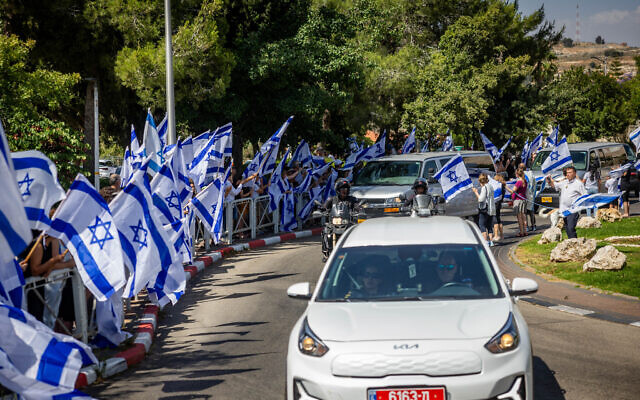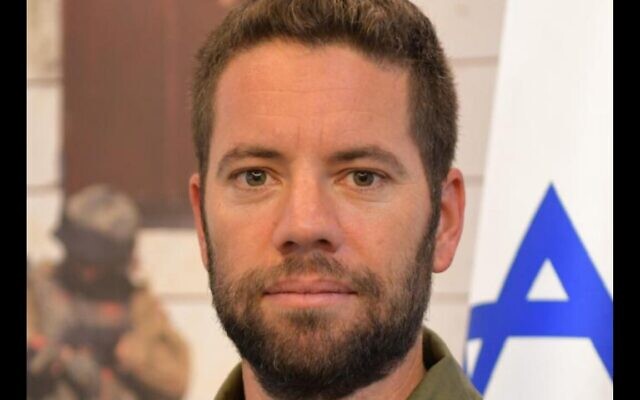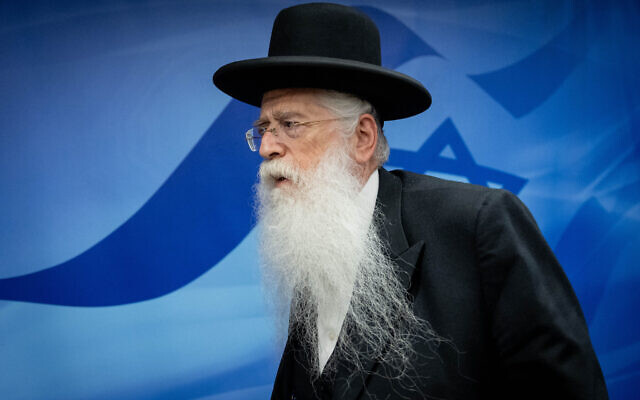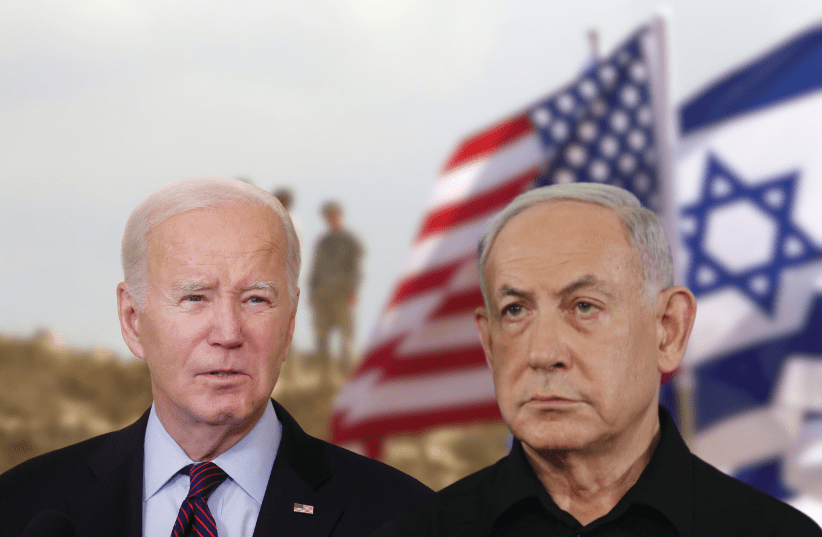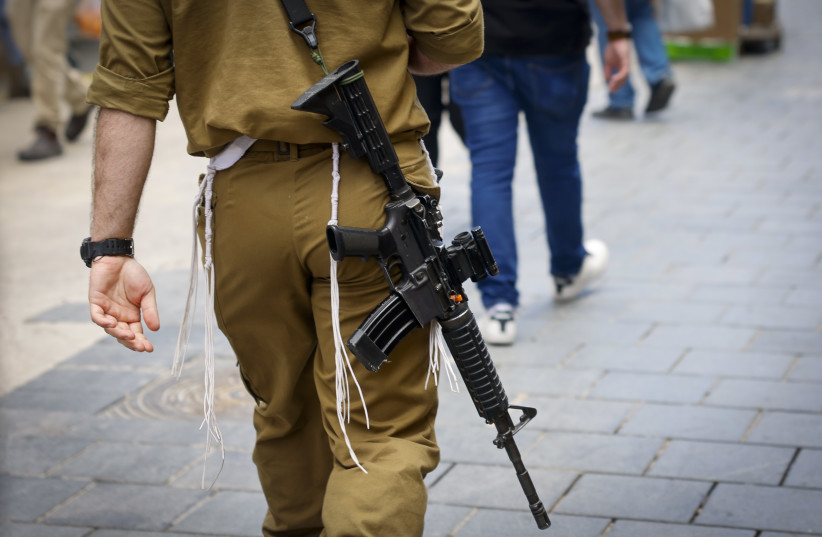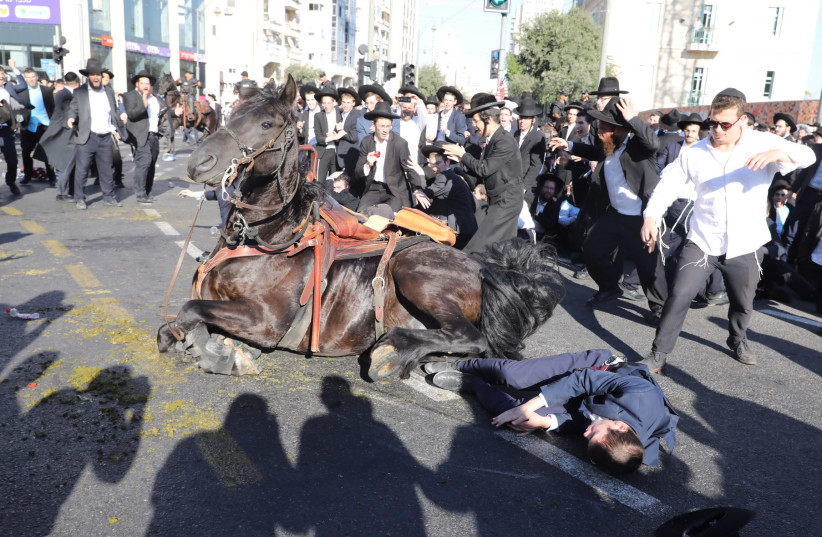 |
| A Gathering (Asifa) of Horses' Rear Ends! "REMEMBER THE INTERNET" |
Draft evasion is not God’s will, and shouldn't be treated as such
Monday’s draft-evasion vote was worthy of Sodom, which outlawed justice and legalized crime.
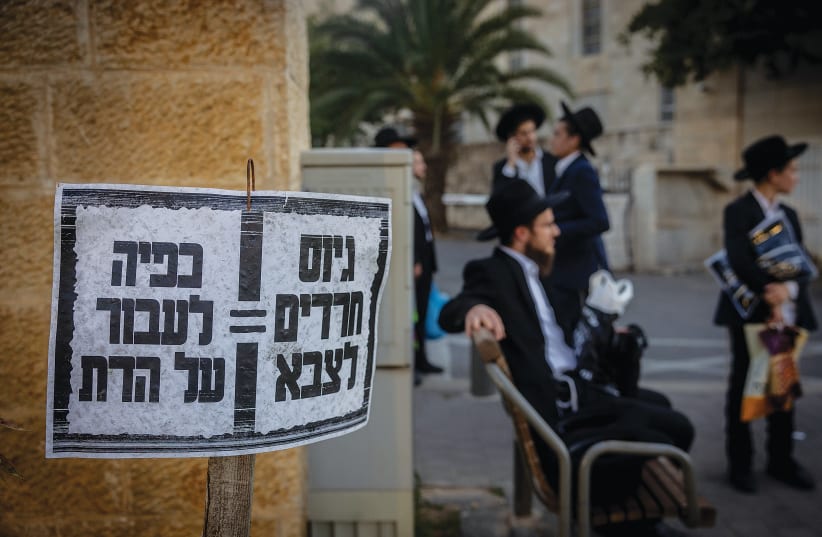
They happened the same night, hardly 100 kilometers from each other, but one moral light-year apart.
In Rafah, Givati troops entered a booby-trapped Hamas outpost that soon blew up and caved in on them, killing four and wounding 11. In Jerusalem, with news of the incident already known, 63 lawmakers booby-trapped the Jewish state by voting to etch in stone ultra-Orthodoxy’s evasion of service in the IDF.
Ultra-Orthodoxy’s relationship with the Zionist enterprise has known many low ebbs, but this one will be recalled as the lowest: for ultra-Orthodoxy’s leaders, for their grand ally Benjamin Netanyahu, and for the Jewish state which he purports to serve, and they so shamelessly abuse.
Essence of Zionism
ON THE face of it, the vote was procedural. That is also what Netanyahu, the consummate spin doctor, ordered his troops to say; the vote – they soon parroted him – was not about substance but merely about the renewal of a previous legislation effort’s process.
Well, this is not about procedure. It’s about substance, about the very essence of Zionism, the basics of Judaism, and the most elemental meaning of morality. It’s about Israelis who think that even as war rages month after month, they can behave as if it is none of their business.
Everyone is at these harrowing times’ weekly military funerals: rich and poor, natives and immigrants, city folk and villagers, observant and secular, Jews, Druze, Christians, and Muslim Bedouin. Everyone, that is, except the ultra-Orthodox.
Even the IDF’s interim calculation that it needs 7,000 new troops did not impress the people who want us to believe that by leaving the war for the rest of us, they defend us and please God.
Under the selfishness, cowardice, and eye-rolling that all this involves sprawl layers of lies. The biggest lie is that military service precludes observance. Thousands upon thousands of Modern Orthodox soldiers have proven over the decades that there is no contradiction between the two. Some even became great rabbis.
Equally deceitful is the claim that conscription would end the study of Torah. Wow. A man serves between ages 18 and 21 and then lives, God willing, for another 60 years at least. Since only a fraction of the population is aged 18-21, that means that the vast majority’s studying would continue unimpeded if every ultra-Orthodox boy served. How dare anyone say enlistment would end Torah studying?
Yet the biggest lie is that draft evasion is God’s will. It isn’t God’s will.
God’s will is “you shall not stand against the blood of your neighbor” (Leviticus 19:16). God’s will is what a fuming Moses told the people he suspected of draft evasion: “Are your brothers to go to war while you stay here?” (Numbers 32:7)
God’s will is what the Sages meant when they wrote: “In mandatory wars everyone goes, even a groom from his room and a bride from her wedding canopy” (Mishna Sota 8:7). “Mandatory wars” means wars of defense, which is exactly what we face as southern communities’ scars glare and Galilean forests flare.
In the words of a petition circulated this week by prominent Modern Orthodox rabbis, including Benny Kalmanson, president of the Otniel Yeshiva, whose son Elhanan was killed on October 7 while fighting in Be’eri, and Tamir Granot, head of the Orot Shaul Yeshiva, whose son Amitay was killed in October while fighting Hezbollah:
“We call on those who fear God’s word... to enlist... This is a duty not only in terms of Jewish law and sheer morality, this is about national lifesaving.”
The petitioners hope to convince ultra-Orthodox rabbis and politicians to abandon the path of draft evasion. But, alas, ultra-Orthodox leaders can be counted on to ignore the petitioners’ stature, arguments, idealism, patriotism, and pain.
This is not only a prediction; it’s a wish, an outcry, and a curse.
DEFINITELY WORTH WATCHING TO UNDERSTAND WHAT IS REALLY GOING ON WITH THE WAR:




